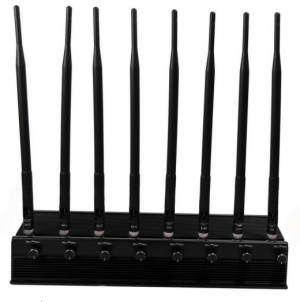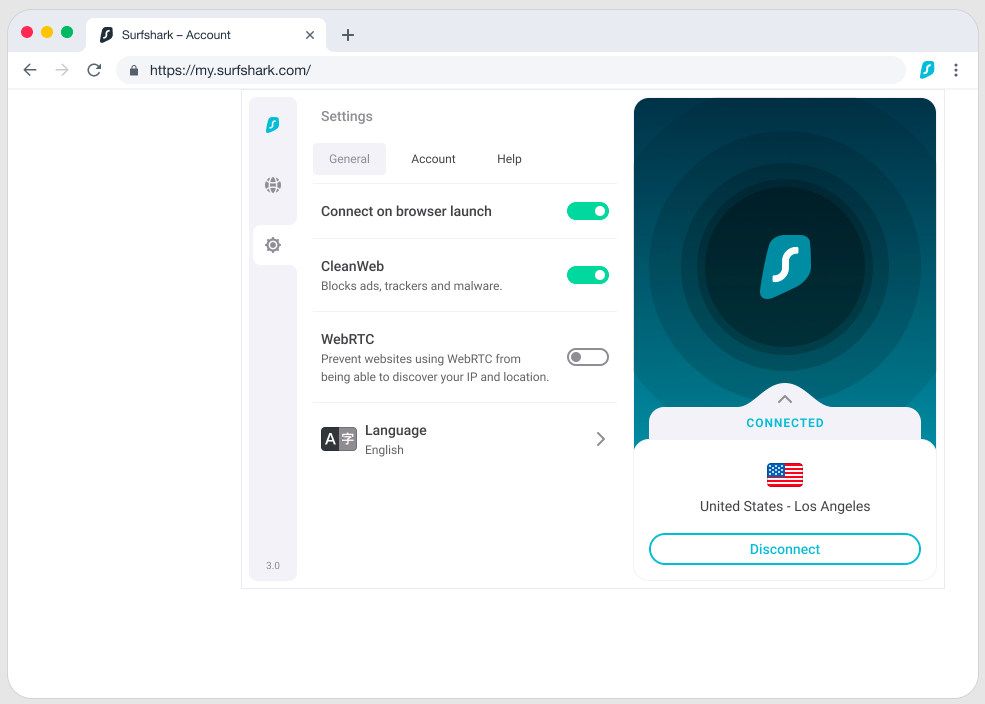The technology environment is getting larger and cheaper day by day. This type of growth and deflationary pressure has allowed for things like the a less than 5 nanometer computer chips to be made and be accessible to your high-end gamer. These types of microchips have brought in a wide range of performance for large and small devices. Small devices like a Raspberry Pi have much more versatility in the types of task they can take on without taking up much space. These types of task could range from being your VPN server, Mining Bitcoin and even running your Smart Home system.
The shrinking of computers and the processors they run has also led to the shrinkage and affordability of many types of tech one of them being Wifi jammers and cellular lengtheners. These devices which are widely used for government operations to “catch bad guys” by the three letter agencies have been mostly exclusive to them because of the price tag and only a couple of companies authorized to do so. But now with the information age coming out of its infancy people are starting to wake up to the what types of devices they can own to protect their privacy and their way of life. The best way to keep your privacy is by doing it legal. Sometimes cellular lengtheners and Jammers can be used as a defensive tool for situations that could impose a threat on you but there are strit stipulations on how you can use them, Here are the laws. Do what you will with this information.
- Communications Act of 1934 (47 U.S.C. § 301 et seq.): This is the primary federal law that governs all radio communication, including the use of signal jammers. Section 301 of this Act prohibits any unauthorized transmission or interference with radio signals. The Act grants the FCC authority to regulate and enforce these provisions.
- Title 47 of the Code of Federal Regulations (47 CFR): This set of regulations, promulgated by the FCC, contains specific rules related to the use of signal jammers. Key regulations include:
- 47 CFR § 2.803: This section outlines the technical standards and requirements for equipment authorization, including prohibitions against marketing, selling, or using unauthorized signal jammers.
- 47 CFR § 15.5: This section deals with prohibited marketing and importation of unauthorized radio frequency devices, including signal jammers.
- Section 333 of the Communications Act (47 U.S.C. § 333): This section specifically addresses the willful or malicious interference with licensed or authorized radio communications. It makes interfering with any licensed or authorized communication services illegal.
- Section 302(b) of the Communications Act (47 U.S.C. § 302a(b)): This section grants the FCC authority to regulate and manage the allocation of radio frequencies. Signal jammers disrupt this allocation and, therefore, violate this provision.
- FCC Enforcement Advisory: The FCC has issued several enforcement advisories to reiterate the illegality of signal jammers and provide information about the penalties for their use. These advisories serve as guidelines for the public.
Where to buy Jammers
Websites like www.thesignaljammer.com sell Jammers to secure facilities and places that need their data protected from outside intruders.
While some jammers can reach up to 40 meters there are smaller ones that can cover the size of a small room keeping no communication from coming in and out. Protecting your privacy in a room you can’t check cameras or microphones for.
Cellular Lengtheners
On the other side of the spectrum are Cellular lengtheners or Antennas which extends whatever kind of radio signal you are trying to send out. To know how to Jam radio frequency you must know what it takes to extend and read them. A large Antenna can do wonders for people hunting in the sticks or someone needing help a barren wasteland.
Here is an Article on how to build a jungle antenna if you are interested in doing so. They give you a great background on how it work and how to set it up. (Here).
Laws surrounding the use of Cellular Antennas mostly limit the government from doing anything that would stop the flow of information or creating a cellular tower that could harm your health with to high frequencies potentially harming your brain.
- Telecommunications Act of 1996 (47 U.S.C. §§ 151 et seq.):
- Section 332(c) – This section addresses the placement, construction, and modification of personal wireless service facilities, including cellular antennas. It limits the authority of local governments to regulate the placement of these facilities based on environmental or health concerns.
- Section 332(c)(7) – This subsection contains provisions related to local zoning and land use regulations and outlines the limitations on their application to cellular antennas.
- National Environmental Policy Act (NEPA) (42 U.S.C. §§ 4321 et seq.):
- NEPA does not specifically address cellular antennas, but it requires federal agencies, including the Federal Communications Commission (FCC), to evaluate and disclose the environmental impacts of federal actions, including the construction of wireless communication infrastructure.
- Federal Communications Act (47 U.S.C. §§ 151 et seq.):
- Section 301 – This section grants the FCC authority to regulate all interstate and foreign communication by wire and radio, which includes cellular networks and antennas.
- Section 303 – This section outlines the FCC’s responsibilities for regulating radiofrequency (RF) spectrum, which is essential for cellular communications.
- Section 303(r) – This subsection addresses RF exposure limits and requires the FCC to establish regulations to ensure compliance with these limits, including those related to cellular antennas.
- Code of Federal Regulations (CFR):
- Title 47 of the CFR contains detailed regulations promulgated by the FCC. Specific sections of interest include:
- 47 CFR § 1.1307 – RF exposure limits and evaluation procedures.
- 47 CFR § 17.1 – Regulations governing the construction, marking, and lighting of antenna structures, including cellular antennas.
- 47 CFR § 22.99 – Rules for Cellular Radiotelephone Service, which includes technical and operational standards for cellular networks.
- Title 47 of the CFR contains detailed regulations promulgated by the FCC. Specific sections of interest include:
- Local Zoning and Land Use Laws:
- Local ordinances and laws vary widely by jurisdiction. These regulations govern the placement, aesthetics, permitting, and approval processes for cellular antenna installations.
- Historic Preservation Laws:
- Depending on the location, federal and state historic preservation laws may apply to cellular antenna installations in historic districts.
- National Electric Safety Code (NESC):
- While not federal law, the NESC provides safety standards for the installation and maintenance of cellular antennas and supporting structures.
Why BitBox is Great for the New USB-C Age
Can Microsoft read the data in your files?
How to Remove Metadata from your Photos
What is the Best Router to Buy?
Are You Allowed to Own a Wifi Jammer?
Does your W-2 spy on you?
What does EU’s New Battery Regulation mean for Privacy?
Is the iCloud Safe to Store Photos?
How to Find a Disposable Phone Number Online
Better Alternative to a Burner Phone

